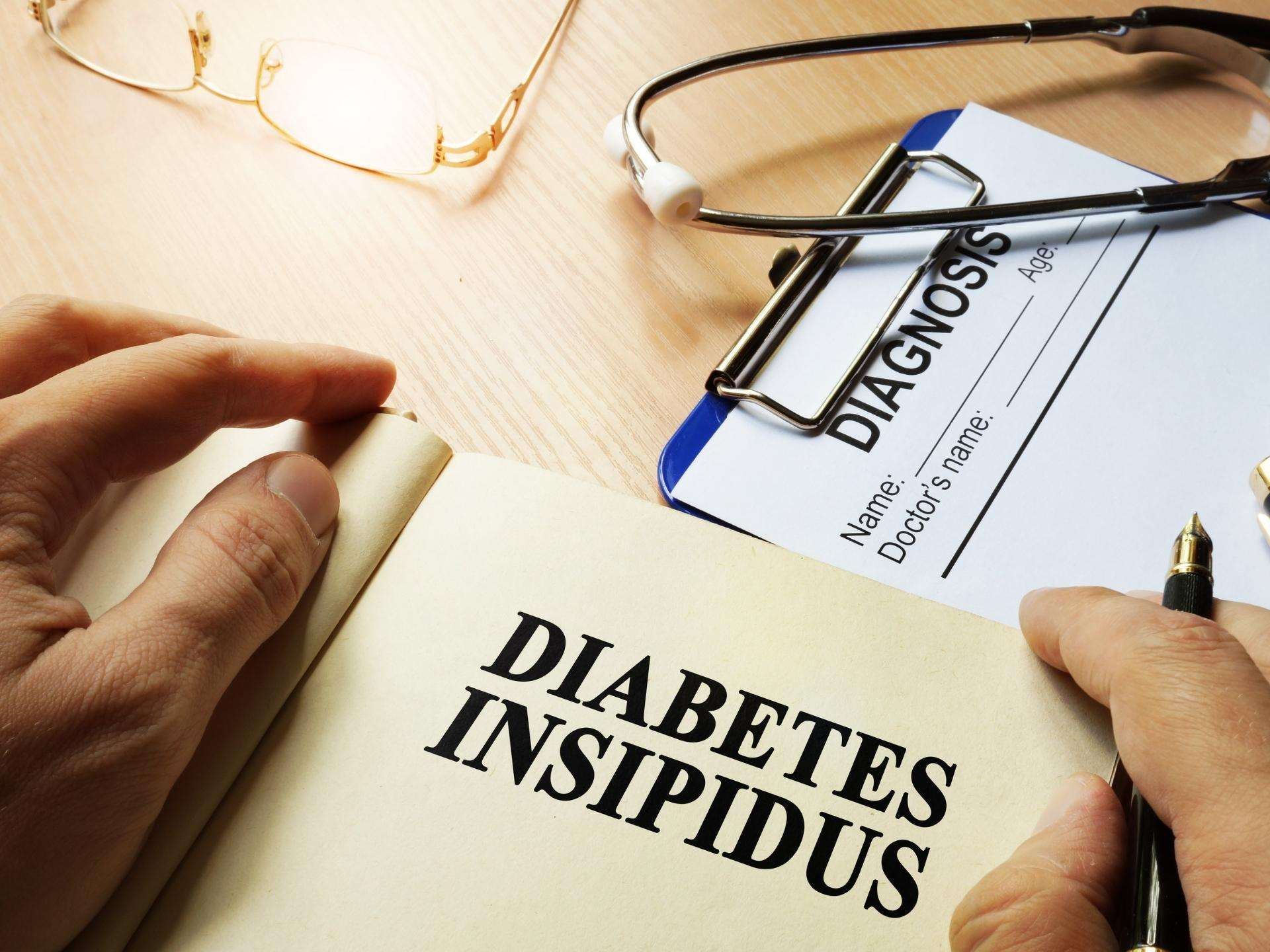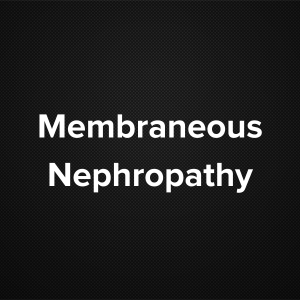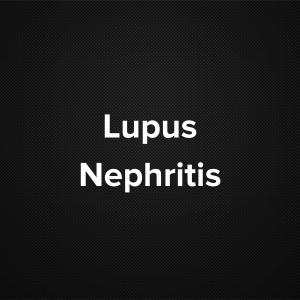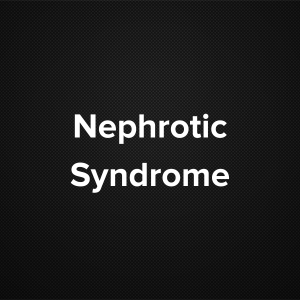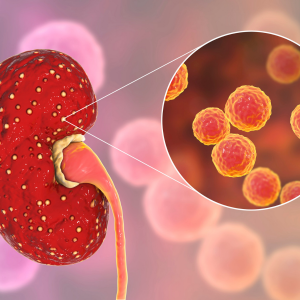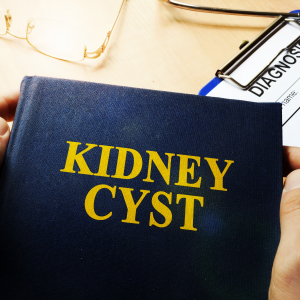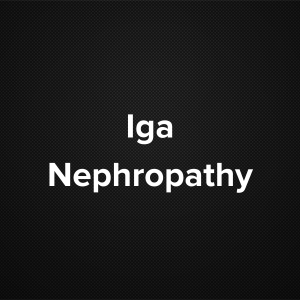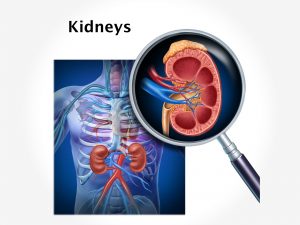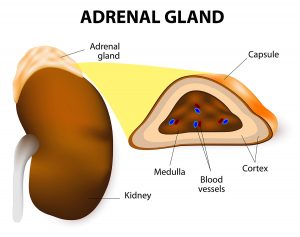Causes and risk factors
Diabetes incipidus is caused due to deficiency of the hormone vasopressin (ADH). It can either be due to some acquired cases or it can be inherited. It occurs due to certain genetic defect. Depending upon the cause it is of two types- central diabetes insipidus (caused due to cranial causes) and nephrogenic diabetes insipidus (caused due to renal causes).In central type there is deficiency in production of vasopressin and in nephrogenic cause ADH is in adequate quantity but the kidneys are not responsive to it. Damage to the hypothalamus or pituitary gland during brain surgery or tumor in the brain can hamper the production or secretion of the vasopressin hormone causing diabetes insipidus. The concentration of urine by kidneys is regulated by vasopressin hormone. Any diseases of the kidney like polycystic kidney diseases, spongy kidney or kidney infection can contribute to the causation. Use of certain medications, some type of cancers, sickle cell anemia are some of the other causes which lead to diabetes insipidus.
Clinical presentation:
The symptoms are gradual and develop slowly. The patients usually come with complaints of increase frequency of micturation (polyuria) and increase thirst (polydipsia).The patients drink large quantity of water and at the same time voides large quantity of urine also. The patient has to often get up night which results in disturbed sleep and leads to irritability. Often ice cold water is preferred. Dryness of mouth, generalized weakness, muscle cramps and fatigue is seen.
Investigations
The diagnosis is done on the basis of the symptoms narrated by the patient and physical examination. Ruling out diabetes mellitus is firstly done by investigating the blood sugar levels. Water deprivation test is diagnostic. Along with this certain other investigations like urine routine and electrolyte levels are measured. Blood ADH levels are measured.
Treatment
Treating ther underlying cause is the main line of treatment. In cases of central DI artificial vasopressin is administered orally, through injections or through nasal sprays. In nephrogenic DI, medications that will reduce the urine output are advised. Low protein and salt diet is recommended.
Other modes of treatment:
Certain other modes of treatment can also be helpful in coping up the symptom. Taking into consideration the symptoms in holistic way, homoeopathy can offer a good aid for the relief of the symptoms
